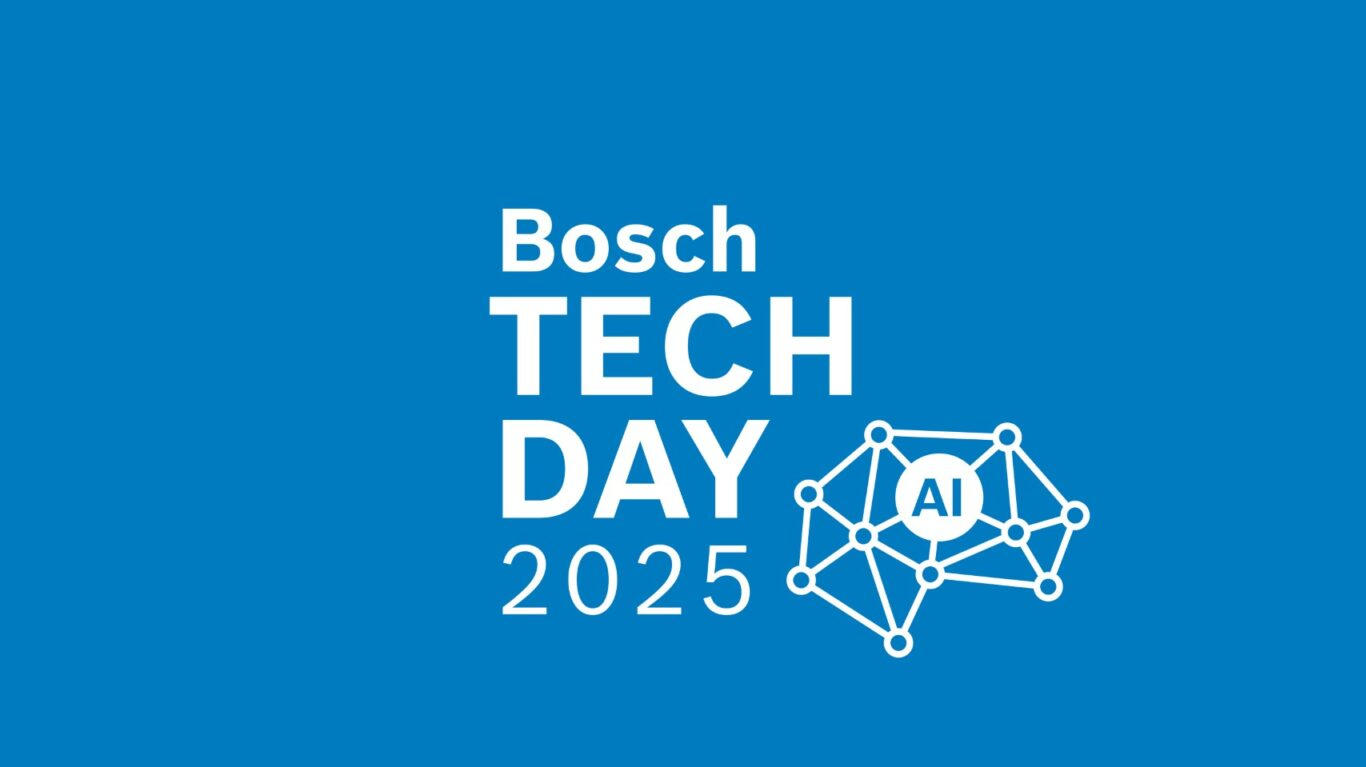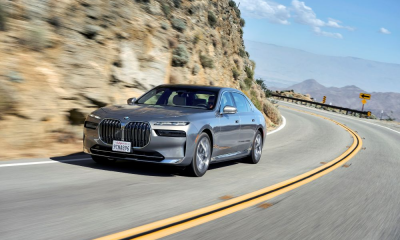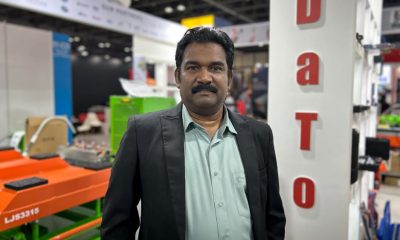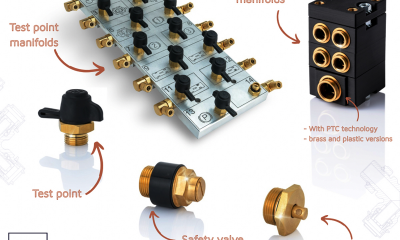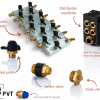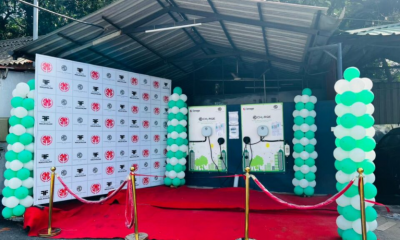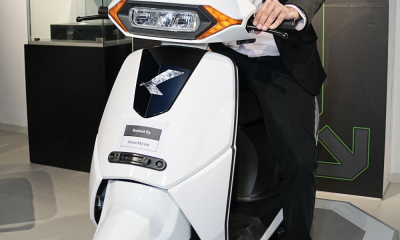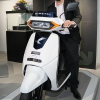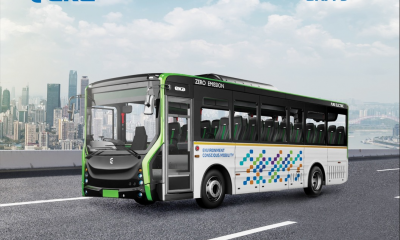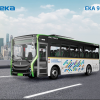Bosch continues to set the pace in the application and development of artificial intelligence (AI): by the end of 2027, the technology company will invest more than 2.5 billion euros in this field. AI is an innovation booster and growth driver for Bosch products and services. It makes automated driving safer, reliably checks quality in manufacturing, and makes everyday life easier for consumers at work, in their free time, and at home.
“The breakthroughs in AI make it possible to open up completely new chapters in technology, accelerate the development of innovations, and turn these into business,” says Stefan Hartung, chairman of the Bosch board of management. Bosch was an early adopter of AI, bringing it together with in-depth industrial knowledge and thus gaining a clear competitive advantage. Furthermore, in the past five years, the company has filed more than 1,500 patent applications for inventions in the field of AI – making it one of the leading applicants in Europe.
One area where Bosch wants to utilize the advantages of AI is in assisted and automated driving. Even if momentum in this area has not yet reached its peak, Bosch has no doubt that automated driving will achieve long-term market success. The company offers the right solutions for this and is confident: Bosch expects its sales of software, sensor technology, high-performance computers, and network components to double by the mid-2030s to well over 10 billion euros. Bosch uses AI in automated driving, for example for visualizing the vehicle’s surroundings and for route planning. Thanks to AI, the vehicle thinks ahead, anticipates how other road users will behave, and calculates the next steps to get to its destination safely. AI not only ensures greater safety in vehicles, however; it also helps significantly shorten development times for new products. For example, Bosch can draw on a unique database of vehicle sensor data to feed a generative AI solution – and thus train systems much faster and more efficiently. This could pave the way for even more reliable driving assistants and automated driving functions in the future.
When AI talks to AI
In manufacturing, Bosch is already focusing on the next level of artificial intelligence: agentic AI, which is able to make its own decisions and carry out its own actions. “Agentic AI can give a boost to AI similar to the one the smartphone gave the internet,” says Tanja Rueckert, member of the Bosch board of management. The revolutionary technology enables various processes to run in parallel. Several AI agents can form a team, a multi-agent system that’s supervised by humans or a coordinating agent. Bosch is already making use of this possibility in-house: multi-agent systems monitor devices in manufacturing, predict maintenance requirements, and optimize personnel scheduling. “We’ve now reached the next level. The result is a reduction in unplanned downtime and an increase in productivity overall,” Rueckert says.
Besides Bosch’s own plants, other companies will benefit from Bosch’s expertise in agentic AI: Bosch is developing a platform that will be made available to other companies as of fall 2025, enabling them to create their own multi-agent systems with little or even no programming knowledge. The goal here is to make manufacturing more efficient, reduce costs, and be able to react more flexibly to market requirements. In this way, comprehensive, orchestrated use can save several million euros.
Bosch uses AI to make technology “Invented for life”
AI is an innovation booster for Bosch, not only in the areas of industrial production and automated mobility but throughout the entire company. For example, the intelligent Bosch Revol crib can be used to monitor a child’s vital signs, such as heart and respiratory rate. On an e-bike, AI helps dispel range anxiety with the Range Control feature, and in the kitchen, it takes on the role of chef: the Bosch Series 8 oven can recognize around 80 dishes and automatically set the optimum cooking method and temperature. Artificial intelligence also helps with DIY: a wall scanner can look inside walls and detect electrical cables, metal beams, and empty spaces.
In-house academy readies Bosch’s workforce for AI
Bosch is also getting its associates on board: the company fosters the development of AI skills in-house through its AI Academy, which has trained over 65,000 associates since 2019. Nearly 5,000 AI specialists are working on intelligent AI solutions. AI skills are essential for the future of the working world
outside of Bosch as well. “One thing is becoming increasingly clear: a society without AI capabilities will fall behind in global competition,” Hartung says. A majority of people have obviously already recognized the implications of AI: according to the Bosch Tech Compass, four out of five respondents worldwide plan to pursue AI training, and around two-thirds are in favor of AI as a school subject. In Germany, 72 percent believe that AI will be the dominant technology of the next decade in their country. Bosch is already well equipped for the dawning age of AI.
